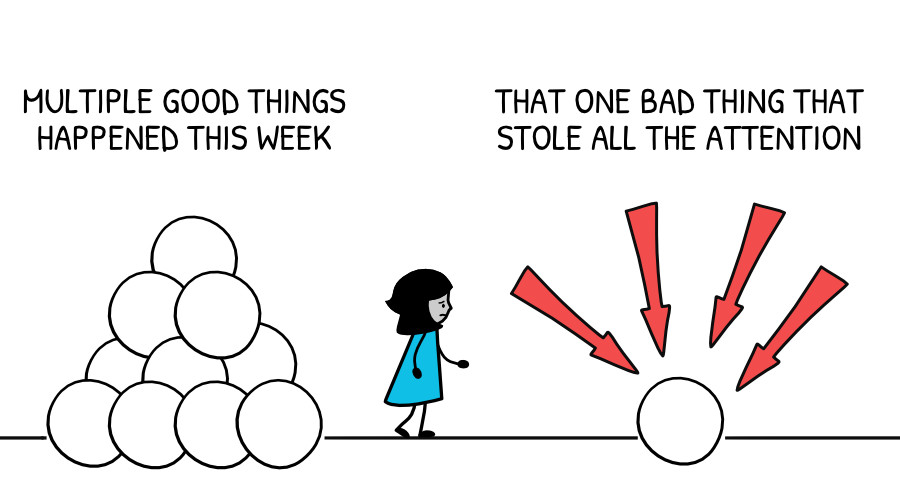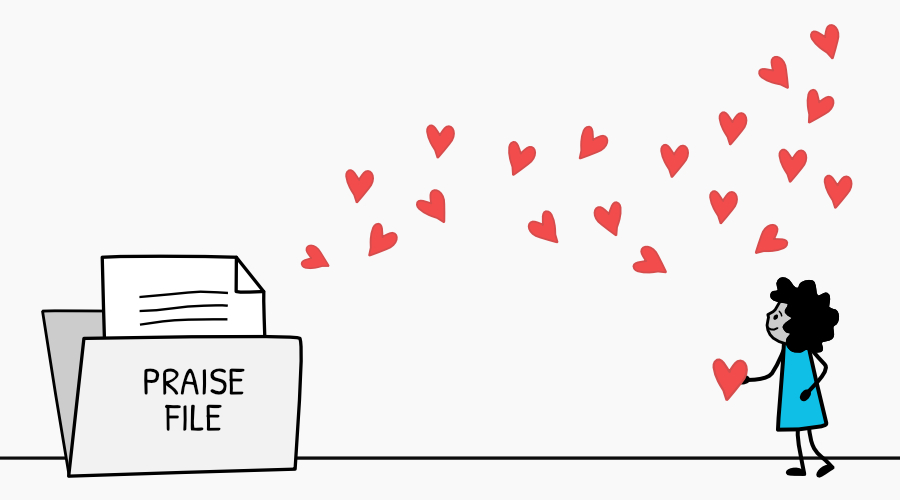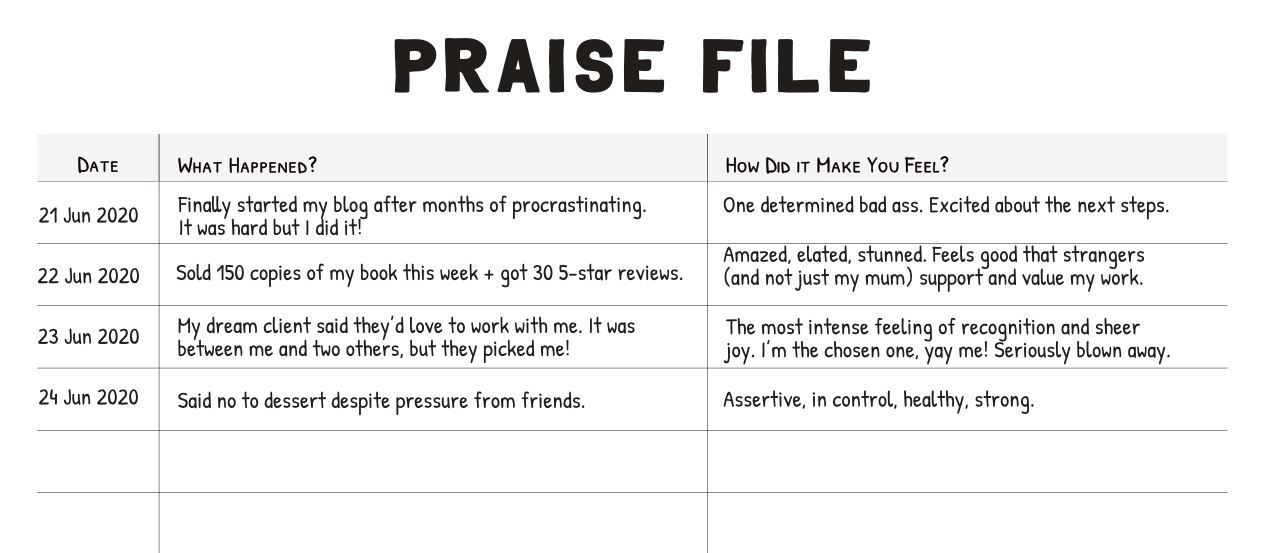
|
|

|
It is not the critic who counts; not the man who points out how the strong man stumbles, or where the doer of deeds could have done them better. The credit belongs to the man who is actually in the arena, whose face is marred by dust and sweat and blood; who strives valiantly; who errs, who comes short again and again, because there is no effort without error and shortcoming; but who does actually strive to do the deeds; who knows great enthusiasms, the great devotions; who spends himself in a worthy cause; who at the best knows in the end the triumph of high achievement, and who at the worst, if he fails, at least fails while daring greatly."
If they're not in the arena with you. Pouring their heart and soul into something they've created, yet criticise you for no reason but to belittle your attempts... witness their assholery, but don't allow it to suck you down to their depth.
No one likes negative feedback, no matter how well-meaning it is. Someone pointing out your flaws is going to cause pain, even if fleeting.
For a moment you may question what it is you're even trying to do. Is it all worth it? Are you good enough?
And yes, it's tempting to sack off the rest of your day, grab a Ben & Jerry's, and binge-watch old episodes of Orphan Black.
But there's a better way to navigate the negative moments.
It's called a praise file.
What's a Praise File? And Why Would You Want One?

A praise file is a little burst of positivity on tap. The anti pity party.
The place where you keep track of the small and big wins you've experienced. Like that time you got a heartfelt thank you from someone.
Or that day a client recommended you to three of their friends. Or the time you pushed yourself through a challenging goal or project.
Or that... you get the picture.
Tim Ferris calls this the Jar of Awesome, but the reasoning behind this act of self-praise comes from the psychological concept of savouring.
Savouring is a tool that flips negativity bias on it's head. Instead of wallowing in upset, you wallow in joy, and appreciation for all the good things that happened throughout the day.
It sounds self-indulgent, and it is. But it's the kind of self-indulgence you need when you're having a crappy moment.
Give it a try. The next time something good happens write it in a notebook, or on your PC.
Write about positive exchanges you've had with friends, family or clients; compliments you've received; achievements, whether personal or professional. Write that all down. No matter how insignificant you might think it may be.
Here's an example of what this could look like:
|
|

